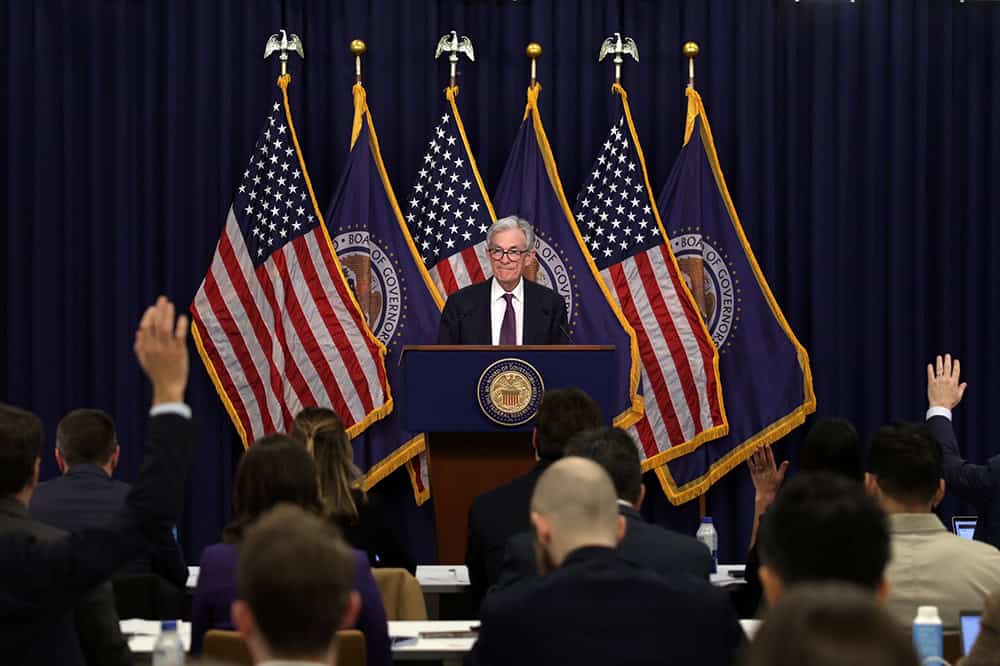Statement by Michael A. Peterson, Vice Chairman of the Peter G. Peterson Foundation, on Congressional Budget Office Outlook — Jan 2011
“The Congressional Budget Office Outlook released today estimating our country’s largest-ever deficit of $1.5 trillion is historically unprecedented. This is more evidence that our nation’s fiscal outlook remains troubled in the short term and is unsustainable over the long term. Even though our economy is slowly recovering, our deficit as a percent of GDP this year will be nearly as large as it was during the lowest point of the financial crisis and recession.”
“While the report projects short-term improvement in our deficits as a result of our slowly recovering economy, by the end of the decade our total debt is expected to nearly double and to far surpass the ratio to GDP that most economists believe prudent. We simply cannot afford to stay on this unsustainable path. If we do not reduce our debt burden once our economy is stronger, we risk a loss of confidence in our economy. As part of the admirable discussion about creating an investment economy, we need a specific plan of action now to ensure that we have resources in the future to do so.”
“Our lawmakers must be vigilant to take no action that worsens our fiscal outlook. They also must agree on a long-term plan to address our debt, which can take effect once our economic recovery is secured. By developing a plan now, we can ensure that our nation is on a path toward long-term economic growth and opportunity for future generations of Americans.”
About the Peter G. Peterson Foundation
The Peter G. Peterson Foundation is a nonprofit, nonpartisan organization established by Pete Peterson – businessman, philanthropist, and former U.S. Secretary of Commerce. The Foundation is dedicated to increasing public awareness of the nature and urgency of key long-term fiscal challenges threatening America’s future and to accelerating action on them. To address these challenges successfully, we work to bring Americans together to find and implement sensible, long-term solutions that transcend age, party lines and ideological divides in order to achieve real results. To learn more, please visit www.PGPF.org.
Further Reading
Budget Basics: Unemployment Insurance Explained
The Unemployment Insurance program is a key counter-cyclical tool to help stabilize the economy and speed recovery during downturns or crises.
Quiz: How Much Do You Know About Healthcare in the United States?
The United States has one of the largest and most complex healthcare systems in the world. Take our healthcare quiz to see how much you know about the cost and quality of the U.S. healthcare system.
The Fed Reduced the Short-Term Rate Again, but Interest Costs Remain High
High interest rates on U.S. Treasury securities increase the federal government’s borrowing costs.


